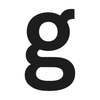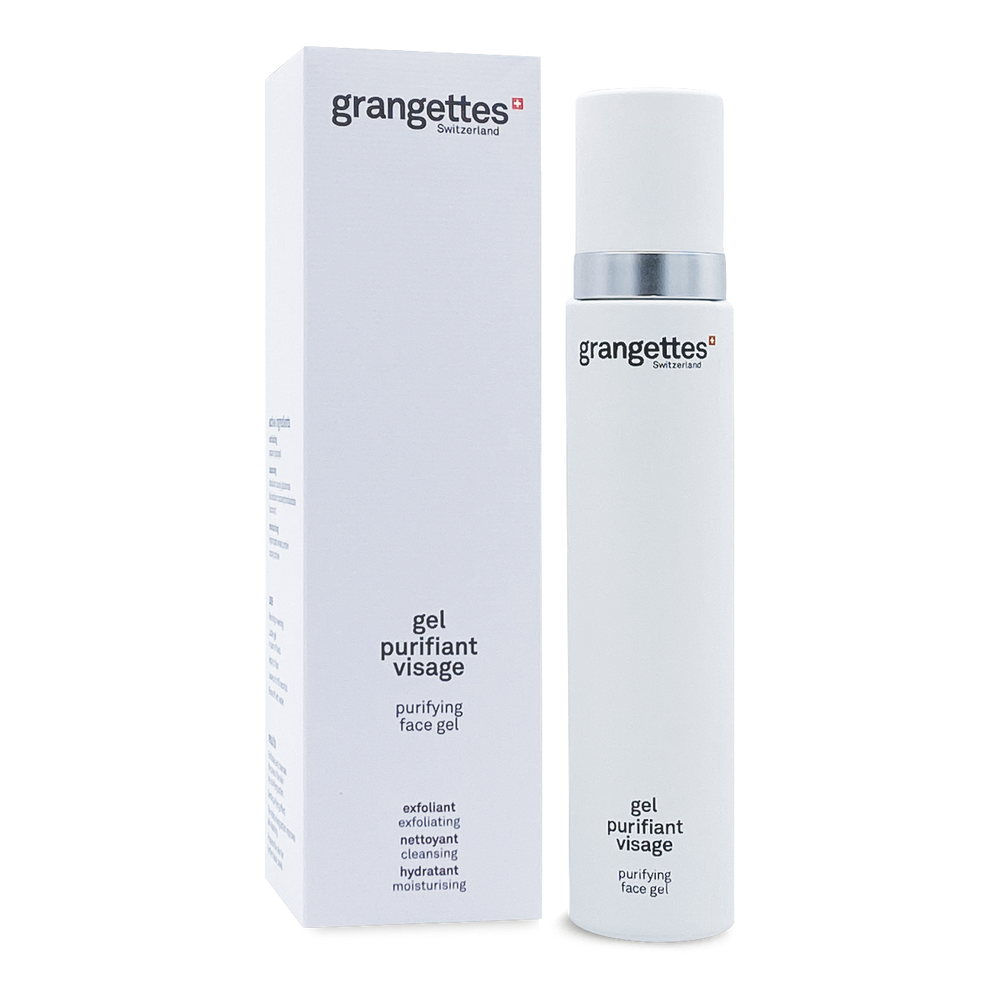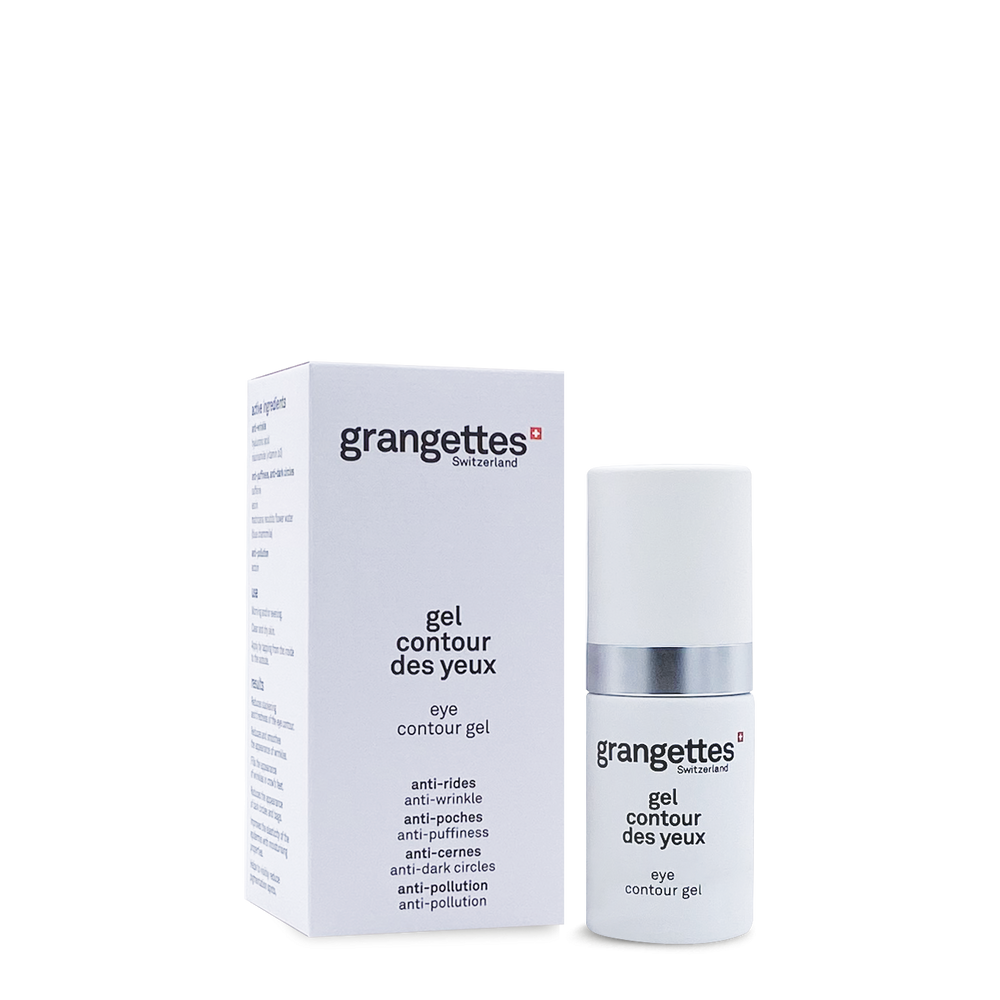What hormones play a role in the skin?
There are many hormones that play a role in our skin:
- Estrogens : These are female hormones that stimulate the production of collagen, elastin and hyaluronic acid , essential components for firm and hydrated skin;
- Progesterone : This is also a female sex hormone that helps regulate sebum production, which is essential to avoid excessively oily or dry skin;
- Thyroid hormones: they regulate overall metabolism, including that of the skin. Hypo- or hyperthyroidism can cause significant changes to the skin, such as dryness, thinning, and poor wound healing;
- Testosterone : Primarily known as a male hormone, testosterone is also present in women, but in smaller amounts. It stimulates the sebaceous glands to produce sebum, which can contribute to acne. Excess testosterone is often associated with oily skin and breakouts;
- Cortisol : This is the stress hormone, and to say the least, it has a significant effect on the skin. When it is produced in high quantities, in response to chronic stress, it can lead to increased inflammation, collagen breakdown, and an alteration of the skin barrier . This can lead to premature aging of the skin, dry skin, and greater susceptibility to irritation.
What are hormone-related skin problems?
A hormonal imbalance can affect the skin in different ways.
Hormonal acne
Acne is one of the most common hormone-related skin problems. It is often caused by an increase in testosterone levels, which stimulates the sebaceous glands to produce more sebum.

This excess sebum can clog pores and cause inflammation. Hormonal acne is common during puberty, but it can also occur in adults, especially in women during hormonal upheavals, such as menstruation, pregnancy, or due to polycystic ovarian syndrome (PCOS).
L'hyperpigmentation
Hormonal variations, including estrogen and progesterone levels, can lead to hyperpigmentation, such as melasma. This disorder often manifests itself as brown spots on the face and is often aggravated by exposure to the sun. Melasma is common during pregnancy (hence the term "mask of pregnancy") or when taking hormonal contraceptives such as the pill.
Premature aging of the skin
A drop in estrogen levels, such as that which occurs during menopause, can accelerate skin aging. The reduction in estrogen leads to a decrease in the production of collagen and elastin, components that maintain the firmness and elasticity of the skin. This can result in skin that is thinner, drier and more prone to wrinkles.
More sensitive skin
By reducing the skin's ability to retain water and making it more vulnerable to external aggressions, hormonal variations make the skin more prone to irritation and inflammation.

Dryness and scaling
Imbalances in thyroid hormones can cause dry, flaky skin. Hypothyroidism, in particular, is associated with reduced blood circulation to the skin, leading to decreased oil and sweat production, and therefore dry, rough skin .
What are the right actions to adopt to have healthier skin?
An effective and minimalist beauty routine
To mitigate the impact of hormones on the skin, your beauty routine must be carefully studied. Opt for effective products, which contain active ingredients that your skin really needs, and implement a minimalist beauty routine.
The assets to look for?
- Hyaluronic acid: it forms a protective veil on the skin against dehydration;
- Peptides : they act on collagen synthesis (anti-wrinkle role), on melanin synthesis (anti-blemish role), and improve the elasticity and radiance of the skin;
- Niacinamide : it reduces the signs of skin aging;
- vitamin B12: if you have oily skin, it will be a major pillar because it helps regulate sebum;
- Betaine or allantoin : these two active ingredients soothe the skin;
- Hydrolyzed wheat protein : it hydrates the skin.
An example of a minimalist routine
Step 1: Start by cleansing your skin with a purifying facial gel that contains moisturizing active ingredients and has a slightly exfoliating action: papain eliminates dead cells to reveal a luminous complexion.
- Regular price
- CHF 36.00
- Regular price
- Sale price
- CHF 36.00
- Unit price
- per
Step 2: Apply an eye contour gel , which reduces the signs of sagging skin. Grangettes eye contour gel is enriched with hyaluronic acid and niacinamide (vitamin B3). It effectively combats wrinkles and improves skin elasticity for a rejuvenated look.
- Regular price
- CHF 35.00
- Regular price
- Sale price
- CHF 35.00
- Unit price
- per
Step 3: Choose a soothing cream for your face , to strengthen and relieve your sensitive skin. For healthy and balanced skin, this is the key!
- Regular price
- CHF 35.00
- Regular price
- Sale price
- CHF 35.00
- Unit price
- per
Adapt your routine during hormonal changes
Although it is recommended to be as stable as possible in your beauty routine, it is essential to listen to your body and your skin. Be sure to use products tailored to your needs, based on the hormonal changes you are going through.
Also be careful to always opt for products that do not contain harmful substances, as they could worsen the effects of hormones on the skin barrier, such as parabens, silicones, PEGs, irritants, allergens, comedogenic ingredients, petroleum derivatives, endocrine disruptors, and pollutants.
Adopt a balanced diet
A diet rich in fruits, vegetables, lean proteins, and omega-3 fatty acids can support hormonal health and, therefore, that of the skin. Additionally, avoid refined sugars and processed foods to reduce inflammation and breakouts.







